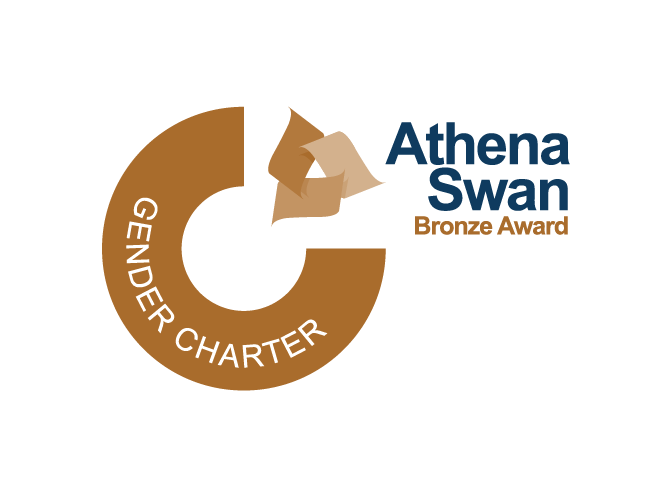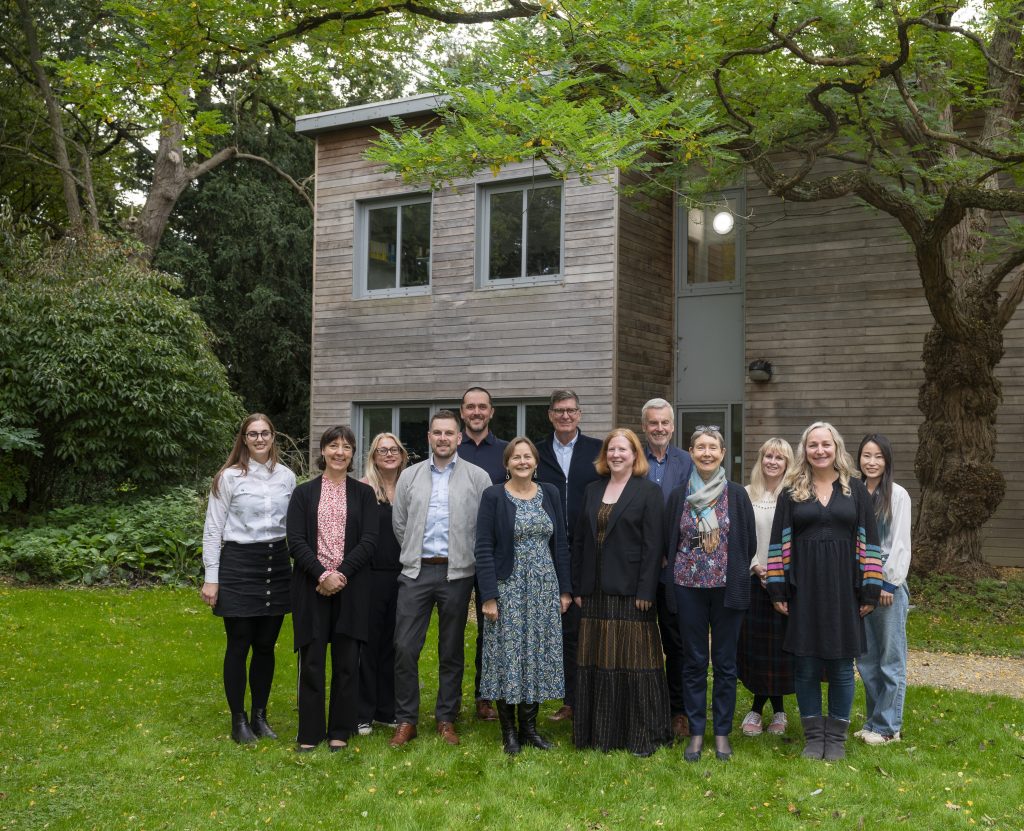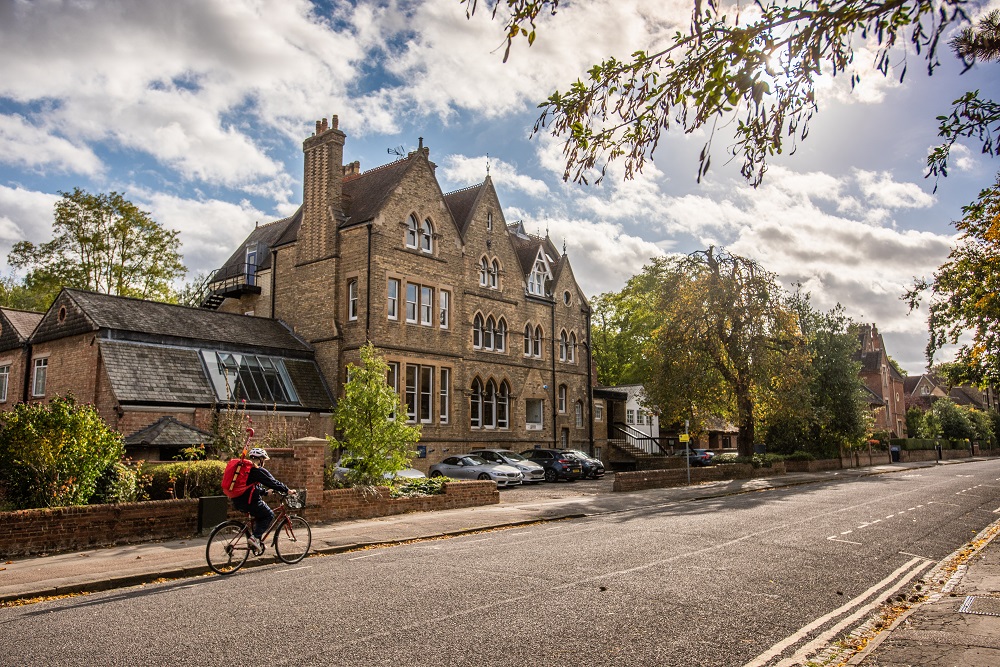Professor Richard Pring, whose contributions to education and the philosophy of education span over five decades and are recognised worldwide, passed on peacefully at his home in Oxford on Sunday. Ten years ago, at a festschrift event in Oxford, he responded to papers written by former students and collaborators with his customary spirit: ‘I have not yet laid down my pen’. And indeed, Richard continued to demonstrate over and over again how research and education grow through criticism and a commitment to moral seriousness and epistemic virtue.
Richard was Director of the Department of Education at Oxford for 14 years, from 1989 to 2003, as well as the holder of the first-ever Chair in Education at the University of Oxford, and the Director of the Nuffield Review of Education and Training in England and Wales (2003-2009). Before, during and after that time, he published numerous books, articles and reports, gave countless talks to very diverse audiences across sectors and geographical boundaries, taught, supervised and mentored many cohorts of education students.
Richard’s life and scholarship were dedicated to education and philosophy, through his formative years, shaped by philosophical education as a young seminarian in Rome and then as a philosophy student at University College London; his PhD (with R.S. Peters) on curriculum integration and, some decades later, his honorary doctorates from UCL Institute of Education and Canterbury; his teacher training at the College of St Mark and St John; his academic positions at Goldsmith, Cambridge, Exeter, Winchester, Birmingham and Oxford; and his vast volume of published work, from the first article on philosophy of education and educational practice (1970) to the books and articles published after his retirement, including Philosophy of Education (2004), John Dewey (2007), Education for All (2009), The Life and Death of Secondary Education for All (2012), Philosophy of Educational Research (2015, 3rd edition), Challenges for Religious Education (2020), and Education, Social Reform and Philosophical Development (2021). Richard’s work engaged powerfully with questions and arguments about, for example, what it means to be an educated person in the 21st century, common schools and faith schools, liberal vocationalism, knowledge and the curriculum, and the philosophy of educational research. He exposed ‘false dualisms’ in research, challenged ethical ‘vices’ and injustices, and dispelled ‘confusions’ in educational thinking. He shared legendary anecdotes, ran 27 marathons and engaged in deep conversation with students and colleagues all over the world.
Richard had time for everyone, which he shared with generosity of spirit, sense of humour and profound compassion; he would ask meaningful questions and take interest in each individual story. The Rose and Crown on North Parade hosted many meetings, and so did the Old Philosophy Library on the first floor of the University Church, as well as Pring’s, the departmental cafe that bears his name and where his portrait, unveiled in celebration of his 80th birthday, welcomes visitors to the Department.
His beloved fountain pen may be at rest now, but his questions and commitment to philosophical interrogation of educational practice and policy, thoughtful and ethical research, and education for all, remain as relevant as ever.
With Plato’s shadows and Wittgenstein’s bewitched imagination behind you now, travel well, Richard!
Professor Alis Oancea











